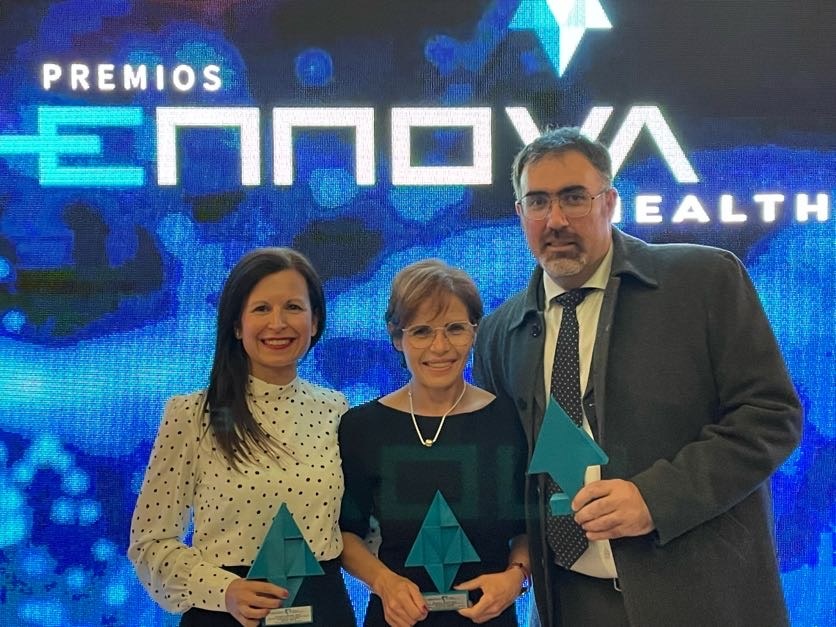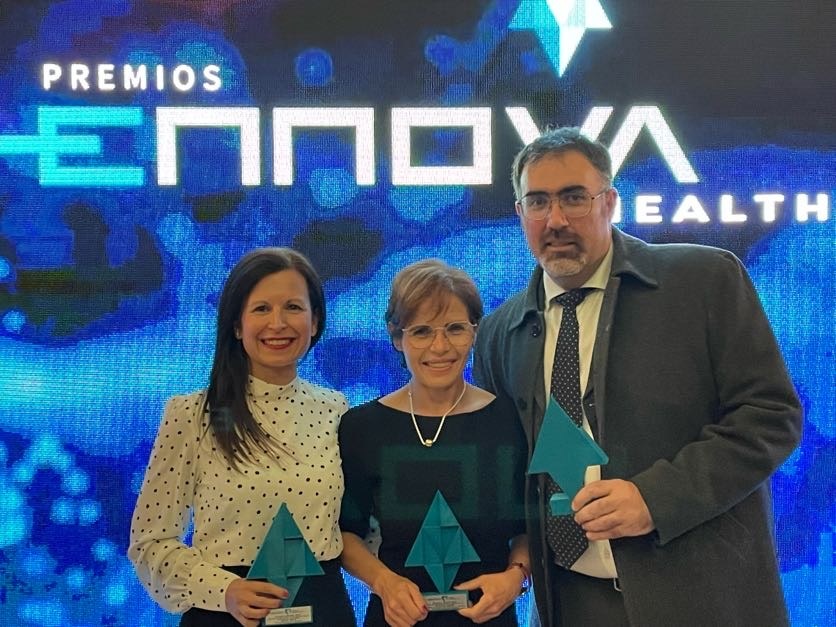
The Health and Wellbeing Area of ITACA Institute (ITACA-SABIEN) at Universitat Politècnica de València (UPV) has developed a computer tool aimed at health professionals that contributes to offering better care in hospitals. Currently, thanks to the collaboration with the General Hospital of Valencia, it is being used in the emergency department of this hospital, with the aim of facilitating the work of professionals throughout the process, helping to reduce waiting times and saturation of the service, as well as to achieve an optimal diagnosis and treatment.
Called PMApp, this software uses innovative Interactive Process Mining techniques to analyze the entire patient care process. Unlike other general tools based on process mining, PMApp offers a selection of techniques designed for clinical environments, which facilitate the interpretation by staff of the results it offers once all the information has been processed.
“Unlike traditional Performance Indicators (KPIs), PMApp allows us to see interactions within the process that would not otherwise be possible. For example, it allows you to find out how many patients return to the hospital from home, the time elapsed until they returned, how many times they have returned, the triage level to which they were assigned each time, the time spent in care and the number of tests they performed. This is the type of information that can be extracted from PMApp and that helps clinical professionals to be aware of the real operation of their service, helping them to make the best decisions at all times”, points out Carlos Fernández Llatas, researcher of ITACA-SABIEN of the UPV.
Interactive analysis
Due to the high variability in clinical practice, PMApp was designed to adapt to each hospital in an interactive way, which promotes collaboration between the health professional and the intelligent system, granting high flexibility when incorporating data or other necessary resources for the analysis, incorporating the knowledge and experience of the professional and allowing its adaptation to the needs of each center or service. This allows a more exhaustive analysis and study, for example, the process of the emergency service, the evolution of patients in each of the stages (arrival at the hospital, triage, waiting room, care, diagnosis); focus on a specific type of pathology (for example, heart disease) or specific service (trauma patients); include pharmacy tests; or extend the analysis with administrative data to assess the costs associated with care or even information on other services such as outpatient consultations.
“Our tool is based on an iterative methodology, which involves clinical professionals in the middle of the understanding process and who are accompanied by experts in process mining. Instead of using classic Artificial Intelligence techniques that in many cases do not allow to investigate the conclusions obtained, PMApp shows the information in a much easier way to interpret, since the processes discovered by PMApp are inherently explorable and explainable, even reaching the level as a patient”, says Carlos Fernández Llatas. In addition, it allows communication and coordination between all the actors involved in health provision, which ultimately results in better management and better care for the patient.
“It is a disruptive tool, which opens the door to a change of thinking when analyzing hospital data and allows us to define the digital footprint of how each hospital works, to improve its efficiency”, highlights Gema Ibáñez Sánchez, also a researcher from the SABIEN group of the ITACA Institute of the Universitat Politècnica de València.
Use of PMApp in the General Hospital of Valencia
The system has been used in the General Hospital of Valencia since 2018. Some conclusions have been drawn from its application, such as that 80% of visits to the Emergency Department are related to episodes of pain; or that patients between the ages of 50 and 65 and 71 and 90 who suffer from abdominal pain, general malaise or difficulty breathing, are admitted 50% more than the rest, with an average stay of more than 4 hours.
María Ángeles Celda, a nurse at the General Hospital of Valencia, explains that the work has had the collaboration of the staff of the Emergency Service and its managers, as well as the hospital’s IT service. “Process mining allows us to visualize the processes working with a multitude of data. The most interesting thing is that the clinician can design interest groups and different processes to access finer management, linked to the characteristics of each service”, Celda highlights.
On her part, Gema Ibáñez adds that it has also been seen that the triage care time increases logically the greater the number of patients, however, the time dedicated to triage decreases. “This seems to indicate that patient pressure to triage could lead to incomplete triage. As for the probability of return or readmission, it is not higher on the days of more care pressure, which could be explained because the increase occurs especially in levels of care 3 and 4, being the lightest levels «.
Four years of work
This collaboration began in 2018 with the award of the «López Trigo Award». In this first stage, data was validated and the PMApp tool was developed in order to provide better information displays and mechanisms to validate it. And it was last year when the team from the UPV and the General Hospital began to use it to study the emergency service, building indicators, advanced process views, making a qualitative leap in the information available to manage.
The team from the UPV and Hospital General de València was awarded last November for the development and application of this software with the ENNOVA Health award, organized by Diario Médico and Correo Farmacéutico -the national editorial unit with the most readers in the clinical field.
“We are currently working on the design of an advanced dashboard for emergencies and we continue to investigate data validation, standardization and validation of clinical pathways with the application”, concludes Carlos Fernández Llatas.
Source: UPV’s Communication Area



